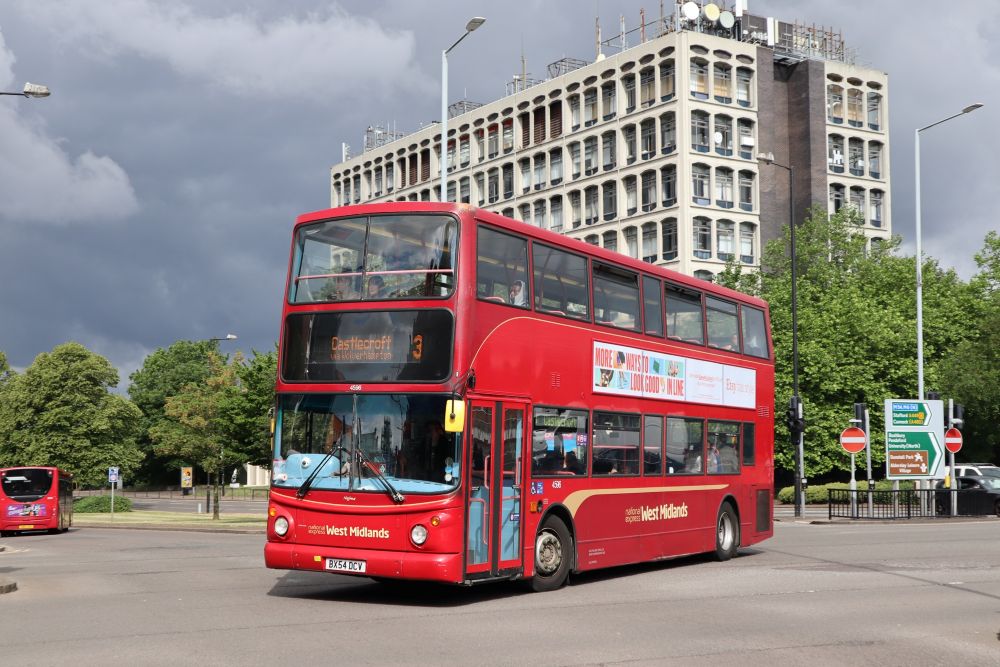West Midlands Buses to Return to Public Hands After Nearly 40 Years of Private Control
In a landmark move hailed as a major shift in local transportation policy, the West Midlands bus network is set to return to public control for the first time in nearly four decades. This transformative decision, driven by the region’s leadership, is expected to reshape how residents experience daily commutes across the area.
The transition means that Transport for West Midlands (TfWM) will take full responsibility for setting fares, managing timetables, designing routes, and awarding contracts to private operators through a new franchising system. This significant shift marks the end of an era where private companies controlled the region’s bus services largely for profit, and ushers in a vision focused on public benefit, reliability, and affordability.
Over the next few years, a phased rollout of franchised bus services will be introduced. The West Midlands Combined Authority (WMCA) confirmed plans for nine local area franchises, with the first services expected to hit the roads under public control by late 2027. Additional single-route contracts will also be created to encourage participation from smaller, local operators—opening up competition and innovation in the sector.
This change follows a public consultation involving more than 3,600 participants, including local organizations and residents. Of those who expressed a preference, an overwhelming 75% supported the move to bring the buses back under public oversight. The feedback echoed widespread frustration with inconsistent services, unreliable timetables, and rising fares—all challenges that the new structure aims to address.
Mayor Richard Parker, who signed the order, stated that this new model would prioritize people over profit and restore faith in public transportation. “It’s about delivering a bus system that puts the needs of passengers first,” he said. “We’re building a network that’s dependable, affordable, and designed to work for our communities.”
The financial implications of this major change are significant. An estimated £22.5 million will be invested over the next three years to design and set up the new network. This includes plans to acquire or lease over 1,000 buses and secure depot space—funded through transport grants and fare-generated borrowing.
Currently, the privately operated network has been relying on approximately £50 million in annual public subsidies to maintain operations. Rising operational costs and declining service levels had sparked criticism, making the case for reform even more urgent.
A recent independent audit further supported the decision, highlighting that franchising could offer better value for money and improved service quality, regardless of the level of public funding available.
As the West Midlands gears up for this transport transformation, hopes are high that this bold step will not only modernize local bus travel but also strengthen regional connectivity, support economic growth, and enhance daily life for residents. The road ahead promises a more people-centered public transport system—one that finally puts passengers in the driving seat of change.

COMMENTS (0)
Sign in to join the conversation
LOGIN TO COMMENT